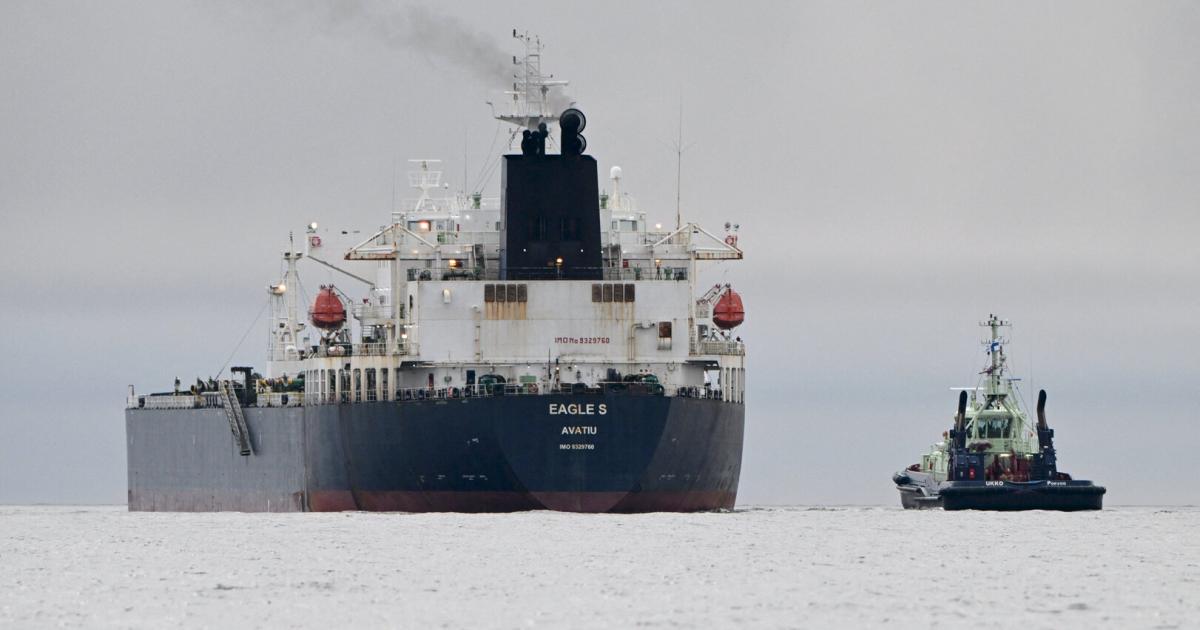She is more than 20 years old sails under the more than dubious flag of the Cook Islands in the South Pacific and has already had ecaused an oil spill off Chile: Die Eagle S is one of those obsolete oil tanker which is already ticking due to its miserable condition Environmental time bombs are. The instruments were all the more surprising Finnish investigators found on board the ship: Spy equipment at the cutting edge of technology.
Anchor as a weapon
Die Finns have the ship under their control brought and brought to one of their ports after a submarine cable connecting Finland with Estonia was cut: by the Eagle S and certainly not by accident. One of the Anchor of the ship had been ejected in the immediate vicinity of the cable and was moving over from then on kilometers above the seabed. So he couldn’t miss the cable at all.
Just one of many incidents of this kind in the Baltic Sea. Important power and data cables and gas pipelines in the Baltic Sea are damaged “almost every month,” said the newspaper German Foreign Minister Annalena Baerbock. Were several times Chinese ships Involved in the incidents, a tanker, the Eagle S, comes into play, which Western experts unanimously agree is Russia’s so-called „Schattenflotte“ to count. Tankers and other cargo ships that Russia uses to To circumvent sanctions, for example when transporting oil.
Moscow has long been accused of being involved in the Transport and the concealment of its exports to rely on ships whose ownership structure is unclear and which often change the flag under which they sail. For this purpose, countries with laws that are more lax than those in the West are used: The Cook Islands, Panama, or tax havens in the Caribbean. Die Ships are often dilapidated and not insured.
For EU “Foreign Minister” Kaja Kallas These are “deliberate and coordinated actions to damage our digital and energy infrastructure.” The Estonian blames Russia for this and announces countermeasures from the EU, including further sanctions against the shadow fleet, which “endangers our security and environment – and Russia’s pockets with oil money fills.”
NATO has already increased its military presence there following previous incidents in the Baltic Sea: Airplanes patrol the region, Drones for surveillance and reconnaissance flights are in use, and a fleet of mine hunters has also been dispatched. NATO Secretary General Mark Rutte announces further reinforcements. The Canadian James Appathurai, who is responsible for countering such hybrid attacks in NATO, is already outlining a much larger threat scenario. The military speaks to sky news of around a hundred hybrid attacks by Russia and its allies on Western infrastructure – and of foreseeable serious consequences: “There is a real prospect that one of these attacks will cause a significant number of victims or significant economic damage.” NATO must be prepared for this in order to then know what to do.
